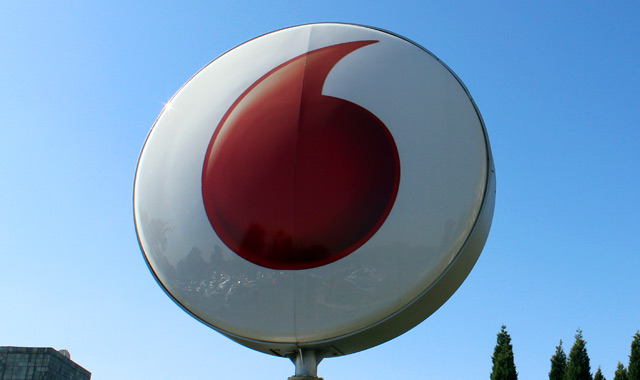
A fresh battle between Nkosana Makate and Vodacom is heading to the constitutional court as compensation negotiations between both parties for his “please call me” service have deadlocked.
The latest court application seeks clarity on the groundbreaking constitutional court order in April this year that compelled the telecommunications company to enter into in good-faith compensation negotiations.
Makate also wants Vodacom to give experts, appointed by him, access to its records to determine the revenue that the service generated since its inception in 2001. Analysts have estimated that “please call me” — a game-changer for South Africa’s then-fledgling telecoms industry — has generated billions for Vodacom, and Makate wants a 15% cut of the profits.
Vodacom has to respond to the application by 23 January next year.
Makate says in his court papers that since the constitutional court’s ruling, which was scathing of Vodacom’s refusal to credit him for the service, there has been little progress in negotiating reasonable compensation.
Vodacom resumed negotiations after the court judgment, as the company’s attorneys (Leslie Cohen & Associates) on 4 May sent a letter to Makate’s attorneys, Stemela & Lubbe Attorneys. In response, Makate’s attorneys proposed a two-stage negotiation process: first, the parties would determine a reasonable percentage of revenue and second, the actual amount due to Makate.
Vodacom, in a letter dated 16 June, challenged the interpretation of reasonable compensation as the court didn’t qualify this part of the order, according to court papers.
Both parties eventually met for the first time on 7 September, where Vodacom’s attorneys, according to Makate’s court papers, revisited aspects of previous cases: that he didn’t have a patentable idea; that MTN developed “please call me” before Vodacom; and that Makate didn’t provide any input after the idea was proposed. Vodacom also questioned whether there was any competitive advantage that it gained from the idea.
The parties met again on 19 September, but no progress was made, as Vodacom maintained that the constitutional court judgment didn’t entitle Makate to any share of revenue.
Makate says Vodacom’s position makes it “essentially impossible” for meaningful negotiations to occur as the odds for reaching an agreement “are extremely slim”.
He further says that the stalled negotiations benefit Vodacom, as the company is able to deploy extensive financial resources to the matter. “I, by contrast, have extremely limited resources. Even with the financial support I have received … my resources remain limited.”
Vodacom spokesman Byron Kennedy says the company is still committed to engaging in good faith negotiations to determine reasonable compensation for Makate.
“Despite our best efforts and endeavours in good faith, we are extremely disappointed that the negotiations have been put on hold by Makate’s applying to the courts seeking a clarification on the import and meaning of the constitutional court order,” says Kennedy.
He adds that the company remains open to finding a “fair solution” that will entail a process of considering “various computation methodologies as opposed to one singular methodology demanded by Makate” to arrive at a reasonable compensation amount.
Makate has been in dispute with Vodacom since 2000. He invented “please call me” then while working as the company’s trainee accountant. Makate has spent the past eight years in court battling to be compensated for the idea.
The battle has not only been with Vodacom but also the previous funders of the drawn-out court action. Makate and his lawyers were dragged to the high court in Pretoria in June by early litigation funders Raining Men Trade and Chris Schoeman, who sought to interdict Vodacom from entering into compensation negotiations with Makate that would exclude them.
The court has referred the previous funders and Makate into the arbitration process, which is still pending.
- This article was originally published on Moneyweb and is used here with permission




